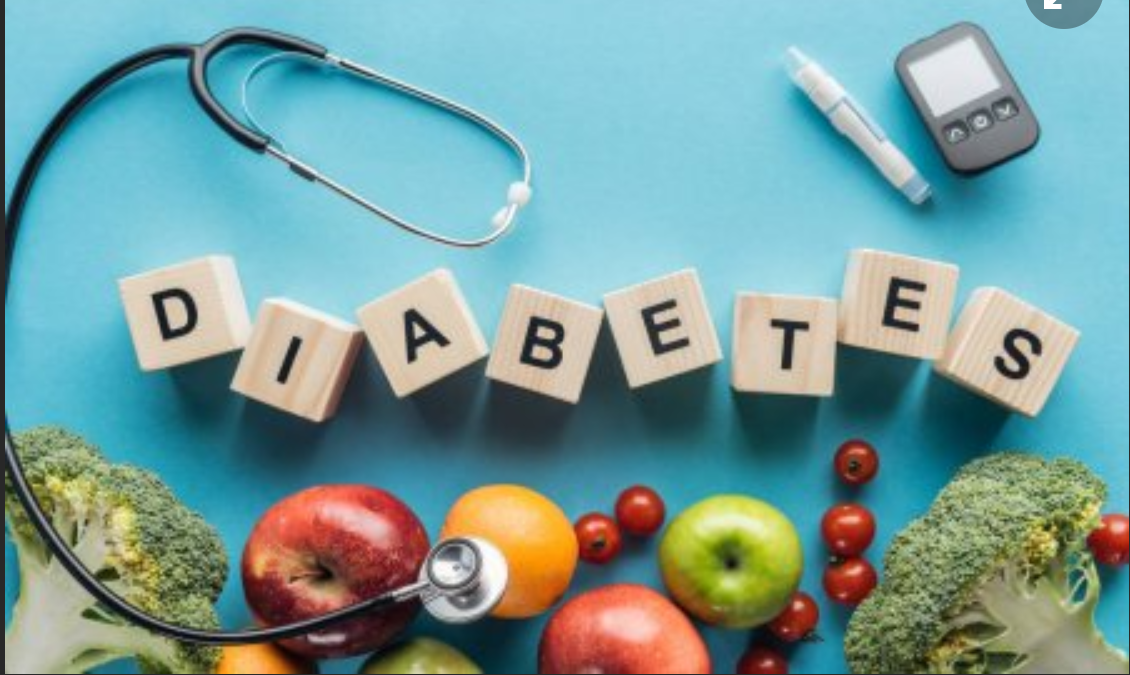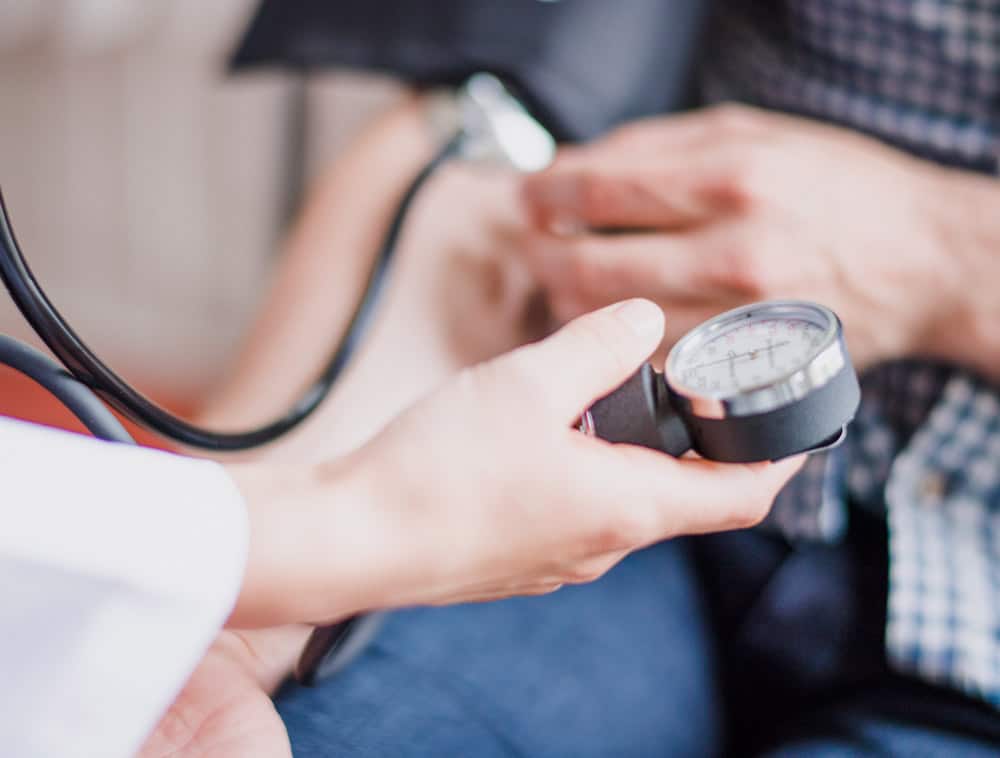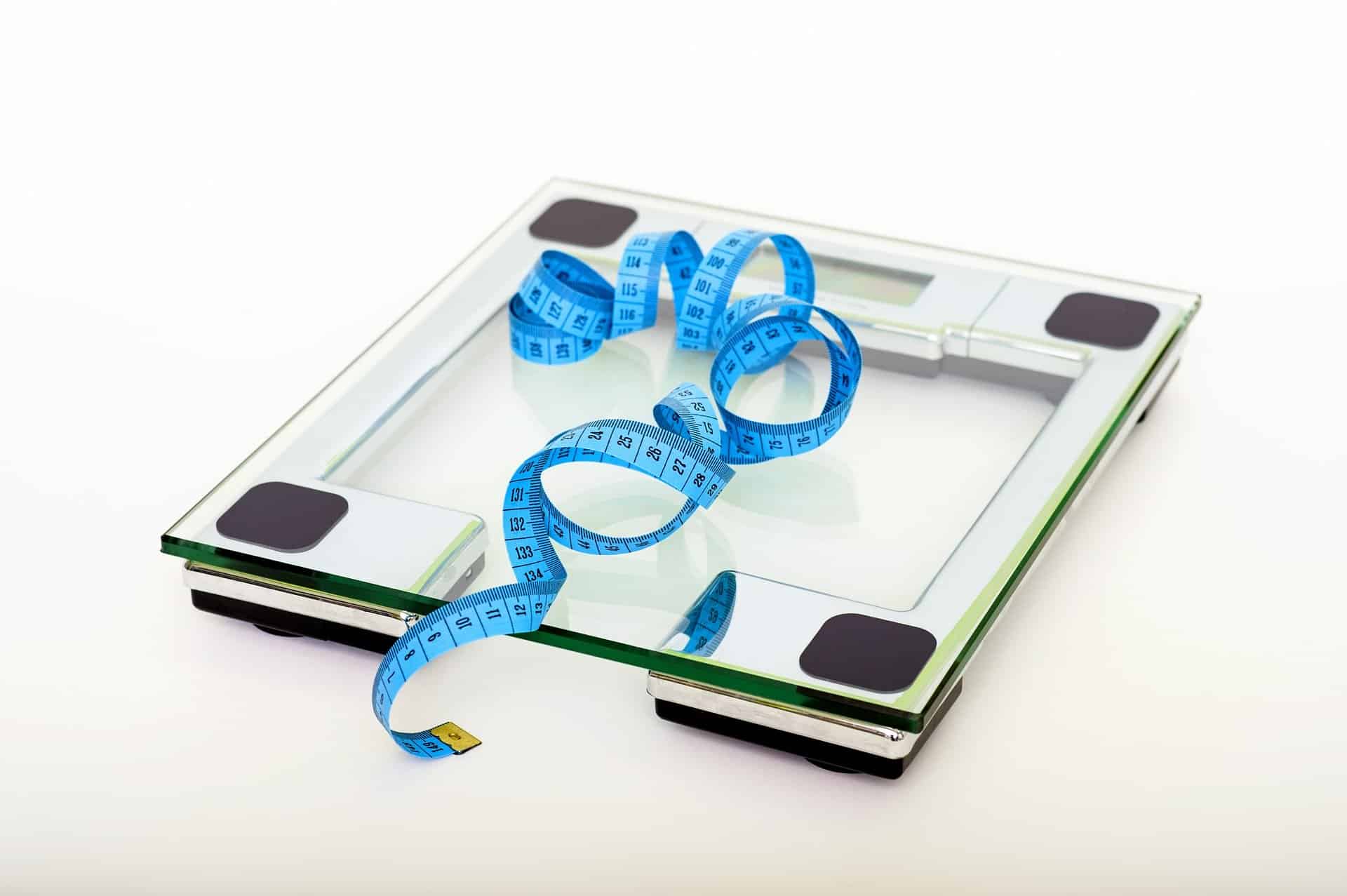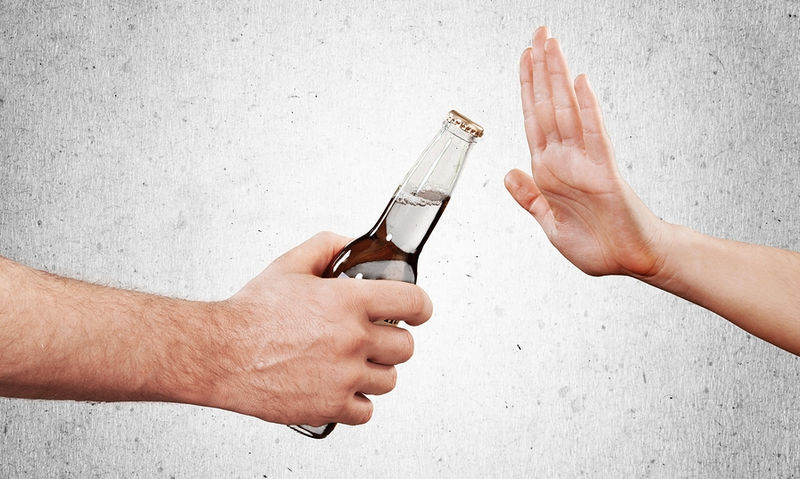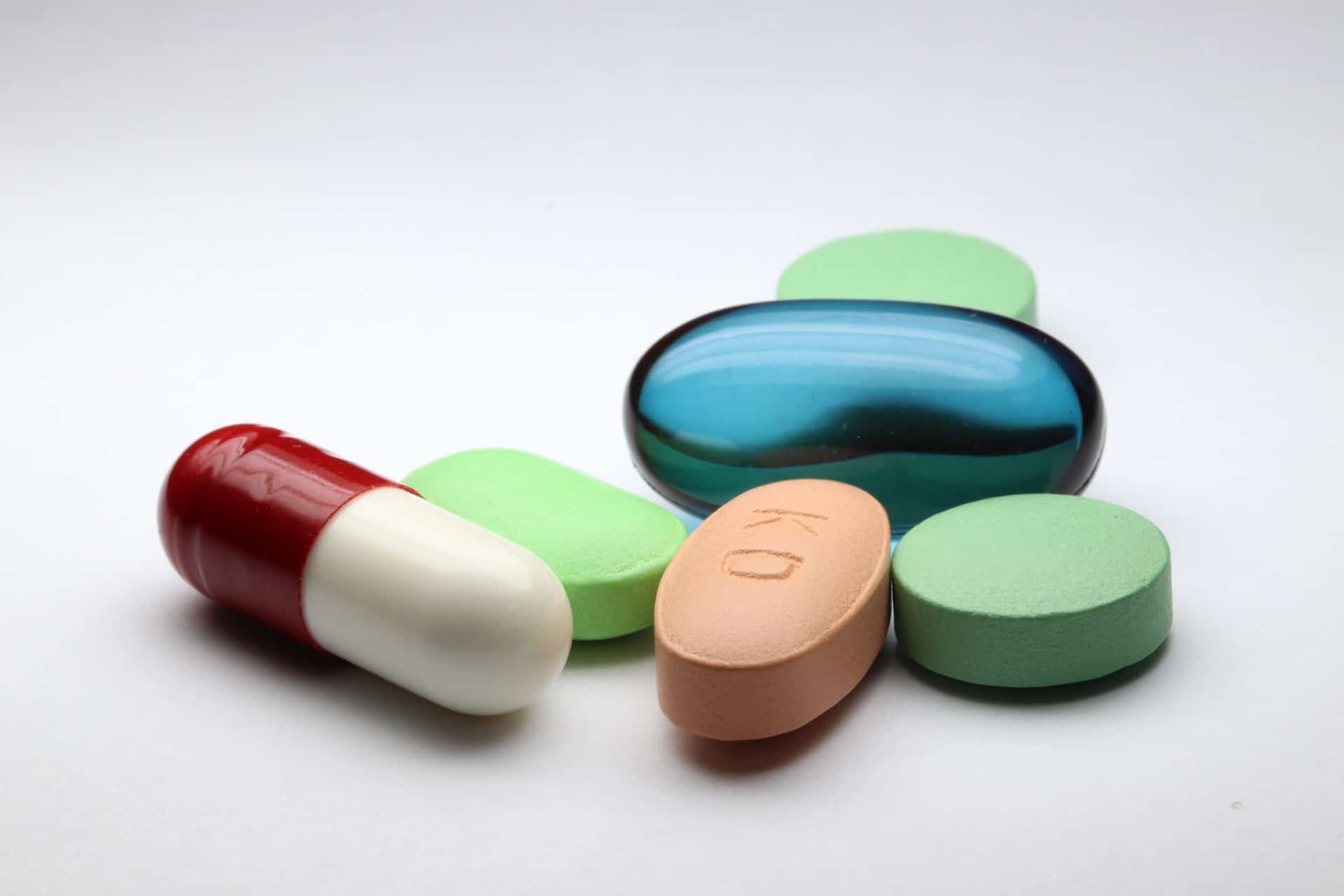A straightforward approach to managing diabetes
I have diabetes. What’s the most important thing I should check to protect my health?
- Glycated haemoglobin - blood sugar monitoring
Glycated haemoglobin (HbA1c) is a blood test that reflects blood sugar levels from the last 2-3 months. In combination with regular blood sugar measurements, or continuous monitoring with special state-of-the-art devices, it helps achieve optimal control by avoiding severe hyper- and hypo-glycaemias. - Arterial pressure
The Body Mass Index (BMI) is a rough indicator for assessing weight relative to height. It is easily calculated by dividing your weight (in kg) by the square of your height (in m). blood pressure is as important as checking blood sugar levels. Uncontrolled arterial hypertension can cause problems in the heart, blood vessels and kidneys, and can also result in a stroke.. - Cholesterol
High cholesterol levels also increase the risk of heart and artery problems.
Is controlling blood sugar levels the most important thing that I should focus on?
Management of blood sugar levels is important to prevent serious problems caused by diabetes, such as problems with the eyes and kidneys, damage to the nerves known as "neuropathy" and damage to the feet that may be serious ("diabetic foot")..
However, sugar is just one of the key factors you should focus on. The problems that could be caused by arterial hypertension and chronically increased cholesterol levels are equally serious. In addition, factors such as smoking, physical exercise, nutrition and your state of mind are definitive in your health outcomes if you have diabetes.
To successfully manage these factors, what goals should I aim for?
It depends on the severity of the diabetes, your age and other health problems that may coexist. In general terms, though, the targets are as follows, but you should talk to your doctor to set individual targets that are specifically tailored to you:
- Glycated haemoglobin below 7 - 7.5%.
- Arterial press below ure below 140/90..
- LDL cholesterol (known as "bad cholesterol") below 100 or 70.
How can I effectively manage blood sugar, blood pressure and cholesterol?
Your doctor will design an individualised treatment plan specifically tailored to your needs, which will include:
Changes in lifestyle – Every day the choices you make about what you eat and the way you live are of great importance in the treatment of diabetes and your general health.
Below are some quick tips you should follow:
- Choose the right food – Opt for fresh fruit, vegetables, wholemeal grains and dairy products. Limit the quantity of red meat, preserved meats, so ft drinks, fries and salt consumed. .
- Opt for physical activity - Walk, do some gardening, or other physical activity for at least 30 minutes a day, most days of the week. Talk to your doctor about how intense your physical activity should be.
- Stop smoking - Quitting smoking is of major importance for people with diabetes. Smoking increases the chance of chronic obstructive pulmonary disease, heart attacks or strokes, and various types of cancer and dramatically reduces the benefits of good blood sugar control.
- Lose weight if you are overweight - Obesity is associated with diabetes and with difficulties in controlling it, but also with many other health complications, including respiratory and cardiovascular problems, and increased rates of malignancies.
- Avoid alcohol - Alcohol, especially when consumed without moderation, can affect blood sugar levels and blood pressure. Talk to your doctor to determine what moderate alcohol consumption means for you..
- Medicines - Most people with diabetes are taking medicines in the form of tablets or injections. In addition to lowering blood sugar levels, medicines aim to control blood pressure and cholesterol, weight loss, or to treat cardiovascular conditions.
Currently, the choice of medicines to treat diabetes is made taking into account your overall state of health. There are many effective options when it comes to medicines, and should be individually tailored to you.

